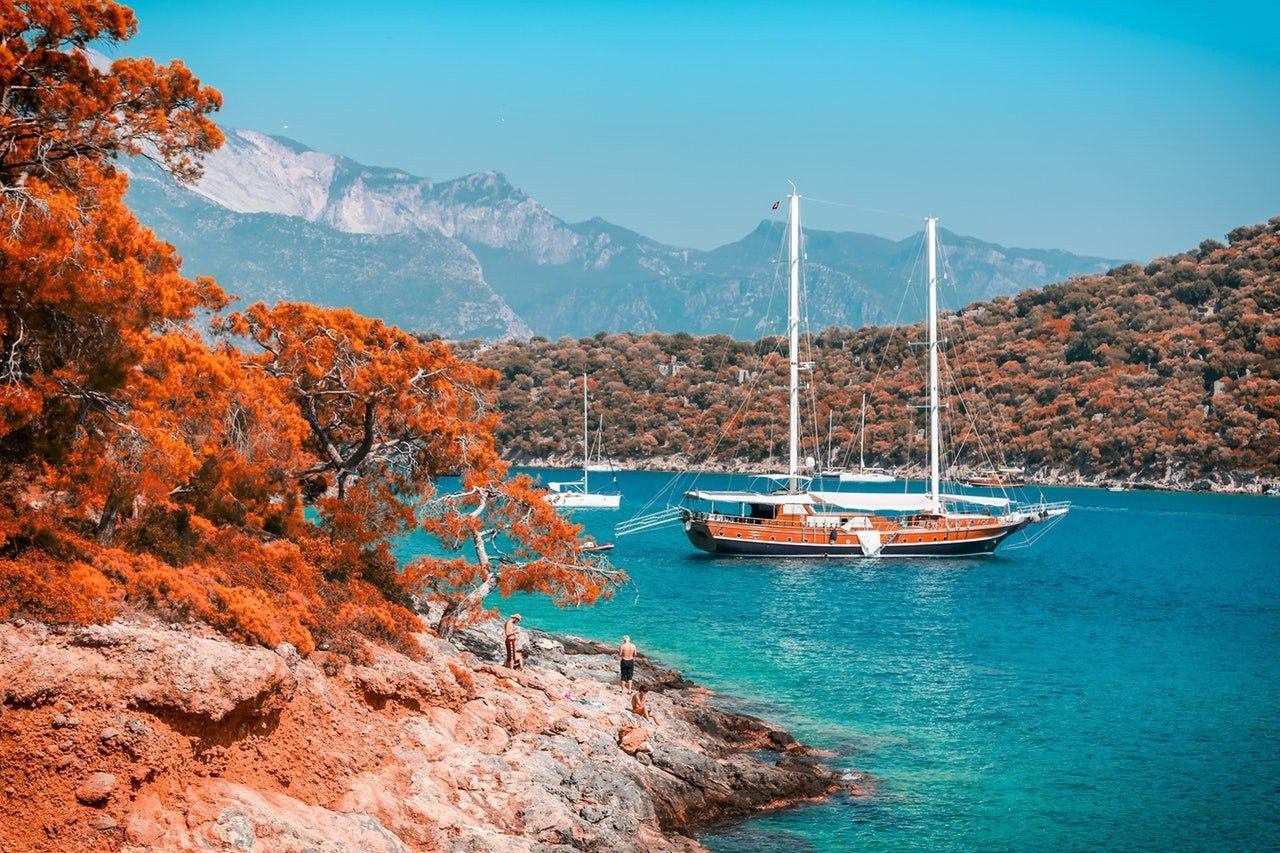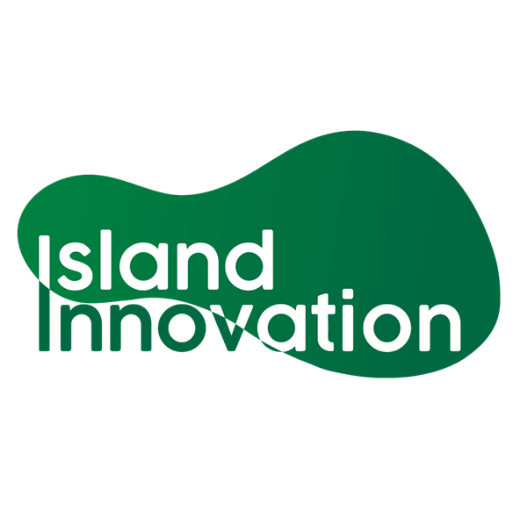When is an island not an island?
The Small Island Developing States (SIDS) is a distinct group of countries facing specific social, economic and environmental vulnerabilities, defined in 1992 at the United Nations Conference on Environment and Development in Rio de Janiero.
This group includes four (perhaps) surprising additions: Belize, Guyana, Guinea-Bissau and Suriname. These four SIDS countries are not islands but have elected to be defined as such for international development purposes.
All four countries have significant “island-like” features. Guyana’s population live mostly below sea-level and include many river islands. Belize’s famous cays lie above some of the world’s most outstanding marine biodiversity. Suriname and Guinea-Bissau both encompass large river deltas.
Three of these SIDS also belong to the Caribbean Community (CARICOM) despite sharing borders with Latin American countries and lying far outside the Caribbean Sea. They could, perhaps, be considered cultural islands, speaking English, Dutch and Portuguese while surrounded by French or Spanish speaking neighbors.
Guyana has recently been in world headlines for huge offshore oil discoveries that some say could make the country rich. An article in the New York Timeshighlighted the country’s development challenges and the potential impact of an oil boom. This article sparked a backlash against an outdated colonial narrative and the #LifeInTheWateryWilderness hashtag on Twitter became active with many young Guyanese wanting to tell their own story. This is an important lesson for anyone writing about the Global South and imposing their own narrative.
While Guyana does no doubt have its problems, focusing solely on these does a disservice to a country where many are working hard to change things. Entrepreneurs are implementing blockchain, the government is pioneering a green development strategy, and the diaspora is promoting traditional cuisine. With new upgrades to the electricity and water infrastructure, there are many positives to report on, and no need for imposed, condescending narratives.
While we are talking about non-islands, the example of Scotland’s Black Isle also came up. It is actually a peninsula. Do you know any other examples of islands that aren’t islands?




